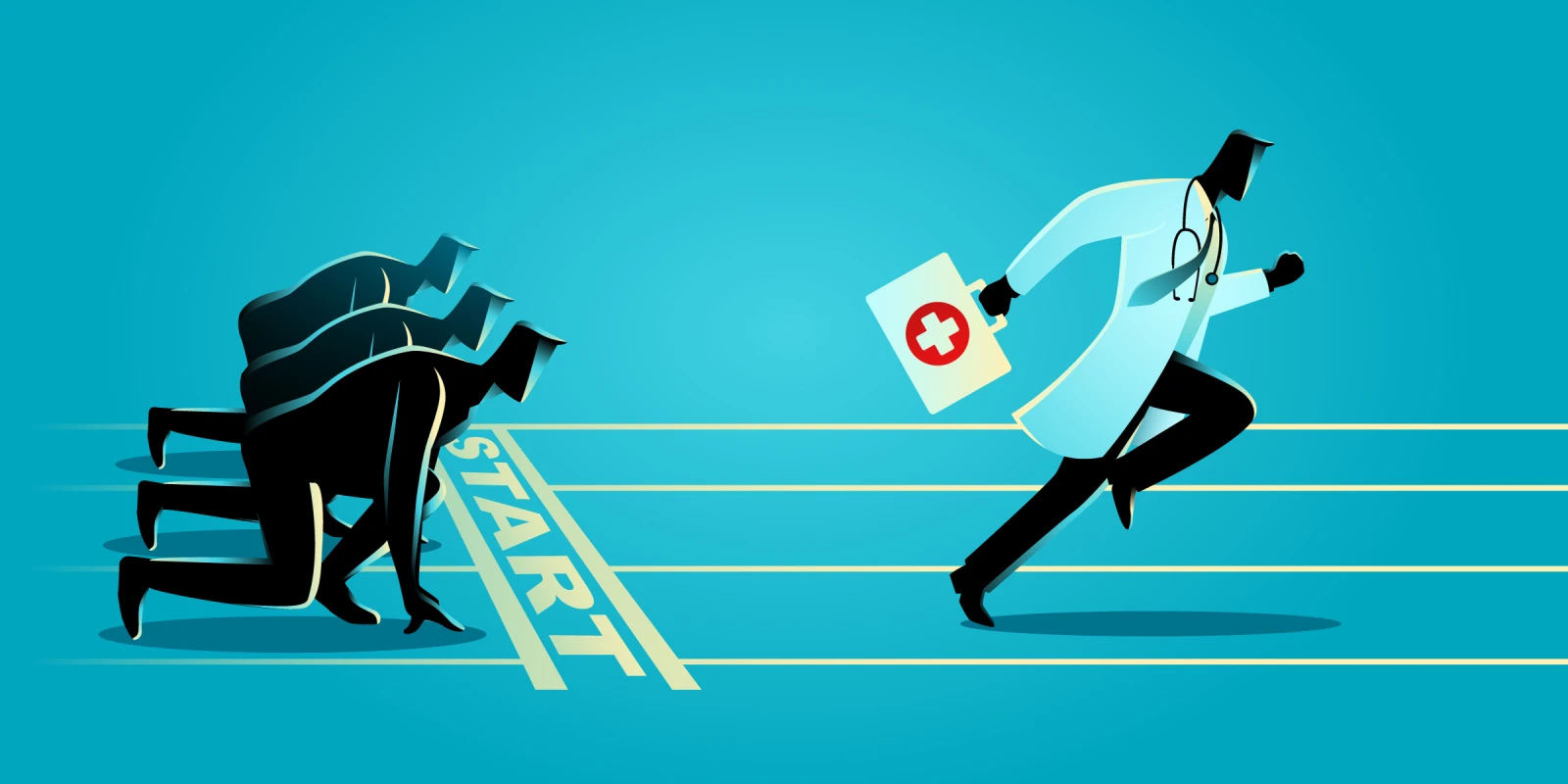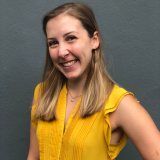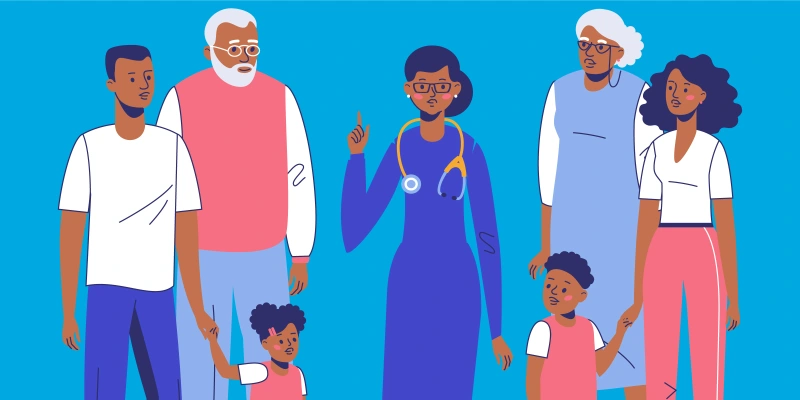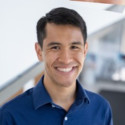When Dr. Eric Heiden skated off the rink at the 1980 Winter Olympic Games, he left with five gold medals in speed skating. But Dr. Heiden was just beginning his career with sports — he went on to become an orthopaedic surgeon to stay close to athletics, and to bring a unique perspective to his patients, like emphasizing life after sports.
“I've had the opportunity to work with amazing athletes as a team physician and to help guide them through their careers so that they can be not only successful, but then, after their career is finished, they can go on and still have healthy, productive lives. You're dealing with young people who very often are very competitive and feel indestructible,” said Dr. Heiden.
But it’s his past athleticism that Dr. Heiden feels gives him an edge: “I think that that experience I had as an athlete, and being able to relate to the people that I take care of who are athletes is something that I don't think we can learn in school or through residency,” he said.
Another thing you can’t learn in medical school or residency? The grit it takes to be an athlete. But it’s just as useful in medicine as it is at the Olympics.
“The things that you learn in sports — the character building and the ability to overcome obstacles and set goals — are things that I've been able to transfer into my career as an orthopaedic surgeon,” Dr. Heiden said. “So I think some of those characteristics that I had and learned as an athlete have made me successful at where I am today, [especially] when it comes to treating athletes.”
Though not an Olympian himself, Dr. Steve Isono also treats athletes, from Olympians and Paralympians, to “weekend warriors,” to players of the Golden State Warriors, along with other NBA and NFL athletes. His theory on why athletes end up in medicine? Athletes know bodies.
“I think to achieve and maintain a high level of athleticism and become an elite athlete in any sport, a high level of knowledge and dedication to the health of your body is necessary. Therefore, this knowledge serves as a foundation in entering and pursuing a career in the health sciences.” Dr. Isono said.
It may even make you a better doctor to have competed in a sport prior to your medical training, said a review published in JAMA Otolaryngology-Head and Neck Surgery.
That may be because going into medicine is “sort of like an Olympic trial because of the rigorous amount of studies you have to do and the number of years you have to put into it,” according to Dr. Naresh Rao, CEO of MAX Sports Health and team doctor and COVID-19 liaison officer for the U.S. Olympic Men's Water Polo Team.
Dr. Rao stressed that because of the similarities between medicine and high-level sports, health care professionals should take care of themselves the way athletes do.
“[For clinicians], [the] Olympics is not every four years, our Olympics is 30, 40 years of [a] career. When you look at our work product, we're running a marathon, so we've got to be able to pace ourselves or else we're going to end up with chronic medical issues [and burnout] like we see currently,” he said.
Dr. Rao was in Tokyo for the most recent Olympics, where medical education and athletics continue to intersect. Third-year medical student and three-time Olympian Lee Kiefer won a gold medal for individual foil — the first American to do so. She reported feeling not burnout, but a different emotion during both her medical and athletic training: “I have struggled with impostor syndrome in fencing and medical school. For both endeavors, it takes time, the ability to cope with the lows, and the desire to keep learning.”
Also a fencer, US Olympic fencing team alternate Dr. Kamali Thompson has spoken before on the mental stamina requirements for medicine and sports: “You fail a lot. In terms of failing, the goal is to go to a competition and to win, and that almost never happens, so as soon as you don’t win, you sort of have to pick yourself up and figure out what you did wrong and try to do it better next time. … A lot of my classmates I’ve seen get really down on themselves, and it ruins their confidence and I’m just like, ‘Nope, What are the things I’m doing wrong well, how can I fix it?’ I think that’s really good and really important as a doctor because you can’t lose your confidence on a daily basis.”
Physician-Olympians of the bygone days agree on the rigor required for medical and Olympic training. Dr. Steve Rerych, a general surgeon and researcher, won two gold medals for swimming more than 50 years ago at the 1968 Summer Olympics. But when asked about his Olympic achievements, Dr. Rerych brushed them off, saying, “If you rested on your laurels, then you wouldn't be able to achieve the goals you really want to. You need to start from scratch again and keep the effort up and keep the enthusiasm up. [Winning two gold medals] was a part of my life that required a lot of discipline.”
Dr. Rerych noted that Olympians might be drawn to medicine because of the extreme nature of the two fields: “We're deadly serious about our stuff, and of course medicine is unlike business or the law. The time commitment in medicine is much more intense than going to law school or … business school for three years or two years.”
However, Dr. Ogonna Nnamani Silva, a plastic surgery resident at Harvard Medical School, and a two-time Olympian and silver medalist for the women’s USA indoor volleyball team, said that she didn’t appreciate the parallels between training for the Olympics and medicine until she was a medical student when she realized how much the former helped her in the latter.
“I could not conceptualize how my experiences as an athlete would positively influence my current situation. There are moments in medicine when you have to really dig deep and push yourself to the limit, and having that prior [athletic] experience is invaluable. You know that you can push yourself, that you can get yourself out of any bind, that you have the mental toughness to withstand anything,” Dr. Nnamani Silva said. “In sports, talent only gets you so far, but the hard work, the commitment, the meticulousness, the dedication … that's what it takes to get you to the next level. And the lessons I have learned in athletics are 100% applicable in medicine.”
And though many Olympians or athletes may find themselves in medicine, most in medicine have not and will not ever stand, medal in hand, listening to their country’s national anthem. Never fear, said Dr. Nnamani.
“There's no greater honor, I would say, than to be in the OR or at the patient's bedside during a really important moment in their life, to have the chance and the privilege to be there for them and their families,” she said. “That's like Olympic podium stuff every day.”
Do you have an athletic background? Share what similarities you see between medicine and sports in the comments.
Lee Kiefer and Drs. Heiden, Isono, Rao, Rerych, and Nnamani report no conflicts of interest.
Collage by Diana Connolly / rudall30 / Getty







